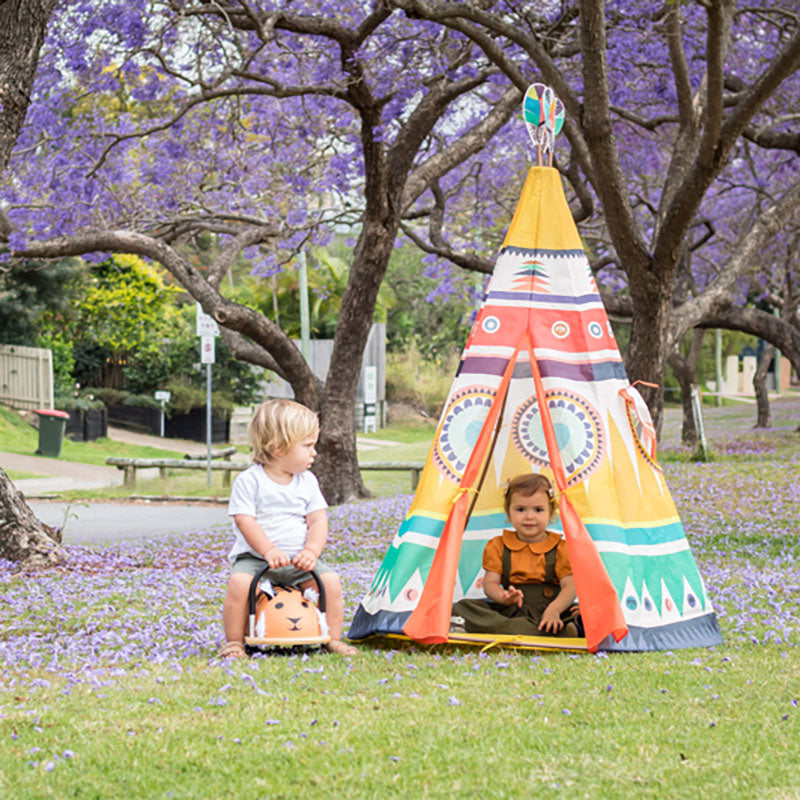
The Power of Play-Based Learning for Young Children
As a parent, you want the best for your child, including a solid foundation in their education. However, it can be overwhelming to choose the right approach to early childhood education. Among the many options, play-based learning has gained popularity in recent years for its ability to foster a love of learning in young children. In this blog post, we’ll explore the benefits of play-based learning, why it’s effective in promoting development, and how you can incorporate it into your child’s daily routine.
- Play-Based Learning is Child-Driven
One of the critical components of play-based learning is its fluid and flexible nature. Children are free to follow their interests and curiosities while playing and the surrounding environment provides an opportunity for exploration and discovery. A child-led educational approach means they learn skills and knowledge that are relevant, applicable, and interesting to them, enhancing their engagement in the learning process. For instance, when a child plays with blocks, they develop spatial reasoning, problem-solving, and organizational skills.

- Promotes Social Interaction and Emotional Development
Play-based learning can also boost emotional and social development. When young children engage in pretend play, they learn to express their emotions, share ideas, and communicate with others. Roleplay also allows children to practice taking different perspectives, which helps them understand others' feelings and viewpoints. Additionally, play is an excellent avenue for establishing and strengthening friendships. In multi-age environments, children can learn from and support each other, regardless of age or background.
- Encourages Creativity and Imagination
Another significant benefit of play-based learning is its ability to promote creativity and imagination. Games and toys that encourage imaginative play, like puppets or dress-up clothes, can enhance a child’s creativity and storytelling skills. During this process, children are encouraged to be inventive, experiment, and try new things, all while learning how to think outside the box. The development of creative thinking and problem-solving skills is essential for future academic and professional success.

- Provides a Positive Learning Environment
Finally, play-based learning is a positive learning experience for young children. Instead of traditional classroom instruction, play encourages children to learn through trial and error – as opposed to failure and success. It creates a safe space where mistakes are welcomed and learning is a process. As a result, children feel no pressure to get everything right the first time, making it easier for them to learn and explore with confidence.
In all, play-based learning is an excellent approach to childhood education, providing a myriad of benefits to children’s development. It promotes curiosity, creativity, social interaction, and emotional well-being, creates a safe space for learning, and fosters a love of learning in children at a young age. As a parent, you can incorporate play-based learning into your child’s daily routine by providing toys, games, and materials that encourage imaginative and role-playing activities. Remember, when it comes to play-based learning, there are no right or wrong answers – it’s all about the journey of discovery and learning.



Leave a comment